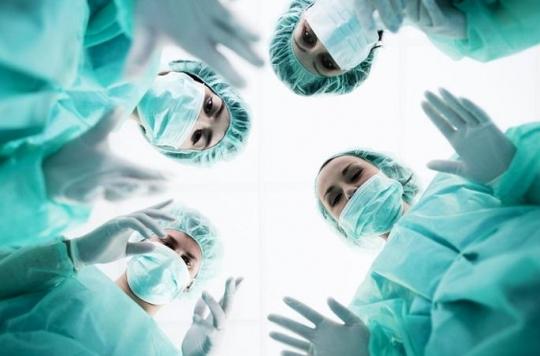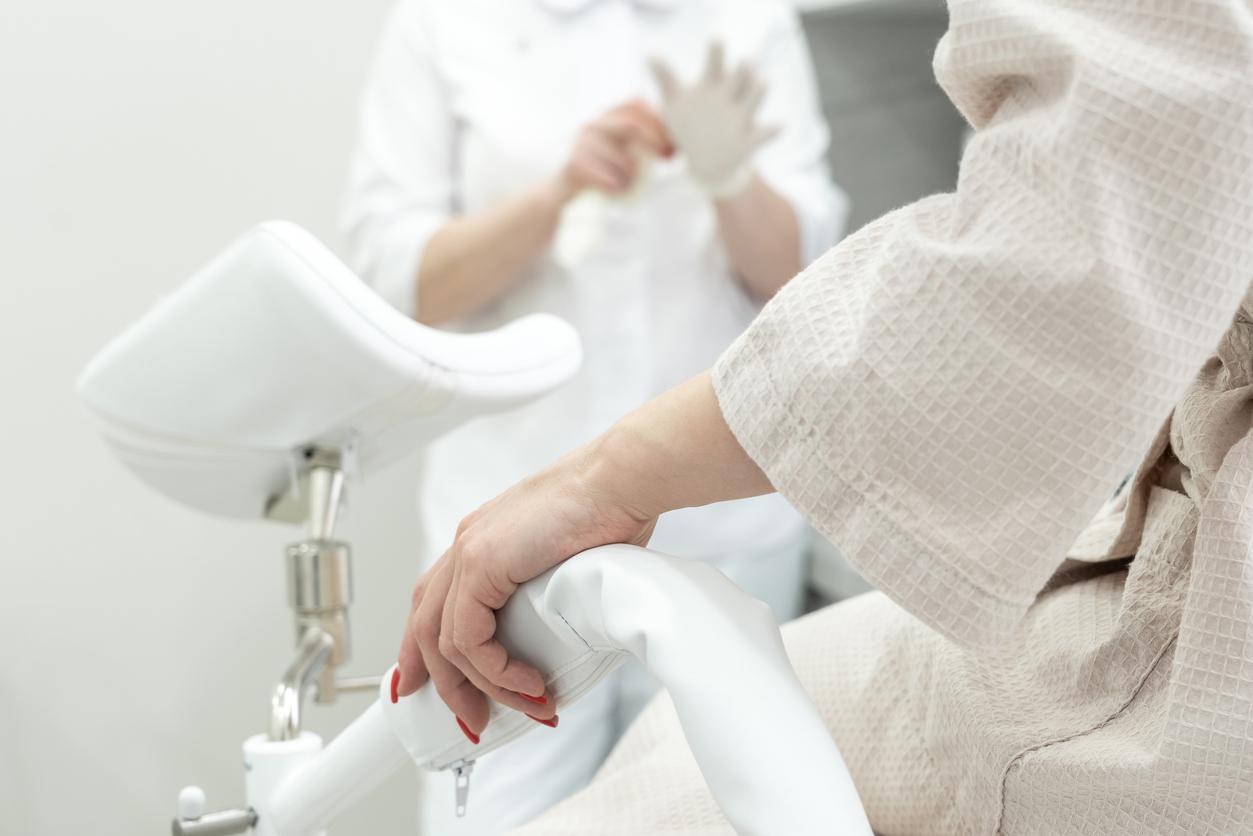The evolution of medicine, in particular surgery, goes through shorter and shorter stays in hospital, or even no stay at all. It is outpatient medicine. In the morning at home… In the evening at home… Between the two, a surgical operation! A modern vision of medicine which concerns, in France, 6 million patients per year, 7.7 million stays, 60% of surgical procedures in France.

This outpatient surgery simply means that what used to be taken care of in the hospital is now taken care of at the patient’s home. For example, having appendicitis on an outpatient basis means that, a few hours after the intervention, the patient finds himself at home, in his bed, with supervision by relatives and a few visits from all health personnel. The interest obviously does not lie only in the pleasure of returning to one’s favorite environment, but in pushing back a little more the terrible shock wave of hospital understaffing and the cost of health.
“Ambulatory”, this word, typical production of medical jargon, is increasingly coming back into the vocabulary of doctors. It’s one of those names that medicine regularly invents and that doesn’t mean much to the general public. However, get to know the term “ambulatory surgery” because it is very likely that you will be offered it in the near future. Because the French doctors have decided to leave the last group of practitioners of this “express” surgery which, contrary to what one might imagine, concerns most of the procedures to be performed. Moreover, in Great Britain, Holland, Belgium and especially in the United States, 80 to 90% of surgical procedures are performed on an outpatient basis.
Why is it better
We can understand the interest of the surgeon and his hospital, who have found a way to increase the profitability of the beds… We can imagine that in a period of drastic savings, health insurance sees a very good eye a heavily divided bill to be refunded. But that of the operated? One might fear a certain form of doubt… However, the most recent surveys, regardless of the country, are unanimous: patients who have benefited from day surgery are satisfied and ready to start again.
The French Association of Ambulatory Surgery recommends a very significant enlargement of the interventions to be carried out with this technique. She wants us to sweep away the economic arguments, to highlight the improvement of quality, at all levels of the act: anesthetic drugs with fewer side effects; surgeons who had to put their technique back into play, favor small scars and use cameras inside the body. Finally, shortening the deadlines requires the establishment of an effective organization based on anticipation but also patient information, too long neglected in France, explaining the reluctance of some to offer it to their patients.
What interventions can benefit from it?
Most common interventions: Extractions of wisdom teeth, operations for varicose veins, cataracts, hernias, Dupuytren’s disease, removing plates, screws, etc. used to repair various fractures), gynecological interventions (curettage, certain tumors of the breast).
Increasingly complex interventions are also performed on an outpatient basis: ablation of the gallbladder, kidney stones, certain operations for breast cancer, thyroid cancer, complicated surgery of the knee, shoulder, certain operations for disembowelment or gastroesophageal reflux or even certain operations neurosurgical; finally, more and more emergencies, in particular hand injuries (wounds, fractures).
In principle, there are no limits, even operations lasting several hours and under general anesthesia, with an objective: less than 1% of operated patients having to stay overnight in hospital, which has already been achieved. , for most interventions but which the association hopes to make a rule.
What do surgeons who do not perform day surgery think?
The speech of the association makes many colleagues cringe, but the management of hospitals has decided: it recommends its use as often as possible! Argument not negligible, the rate of nosocomial infections, these infections that we catch in the hospital and which cost us more than 10,000 deaths per year, is divided by three.
In practice, how does this work?
Concretely, a simple fast of 6 hours for food and 2 hours for liquids is enough. It is also necessary to have the telephone, to be able to be accompanied the evening of the intervention, finally not to remain alone the first night or to spend it with friends. This could be perceived as abandonment, when in reality, it is quite the opposite and a secure comfort that these surgeons and anesthesiologists offer, with a direct telephone link with them.
One last detail that is important: day surgery is in no way compulsory and the final decision is yours.
Doctor Jean-Francois Lemoine
.







